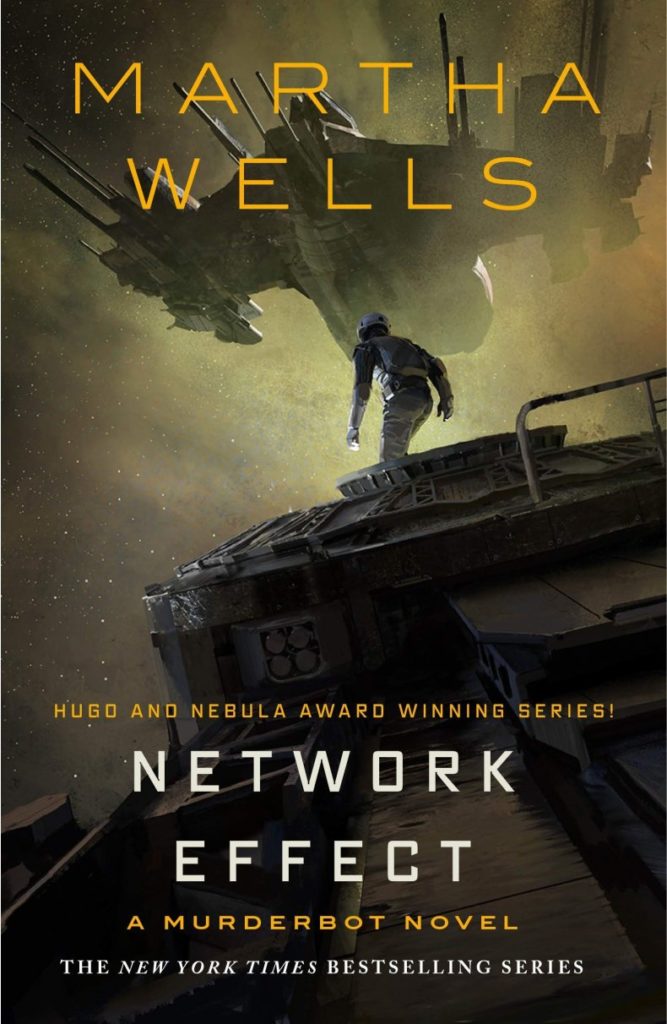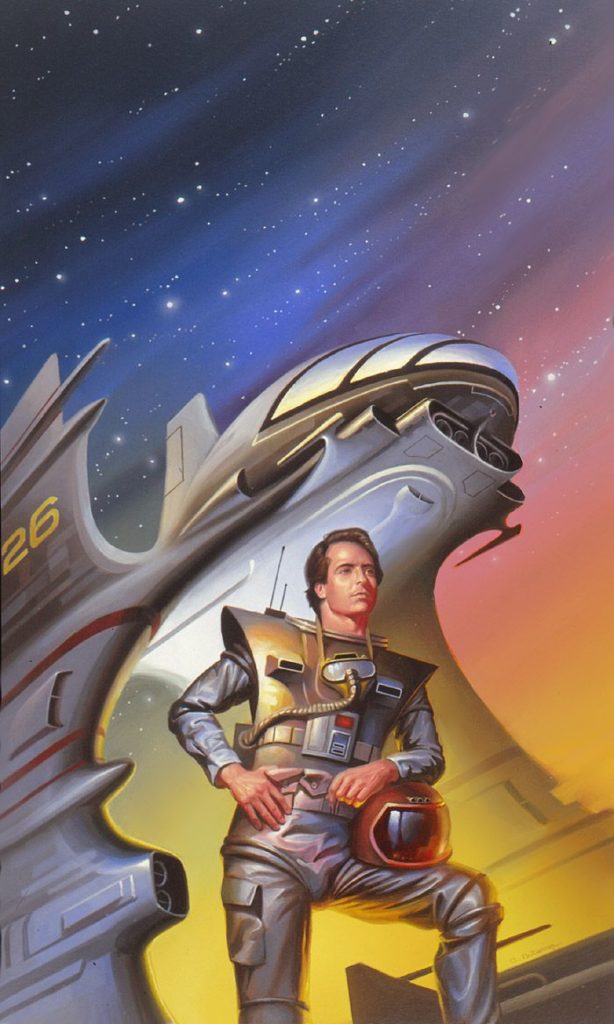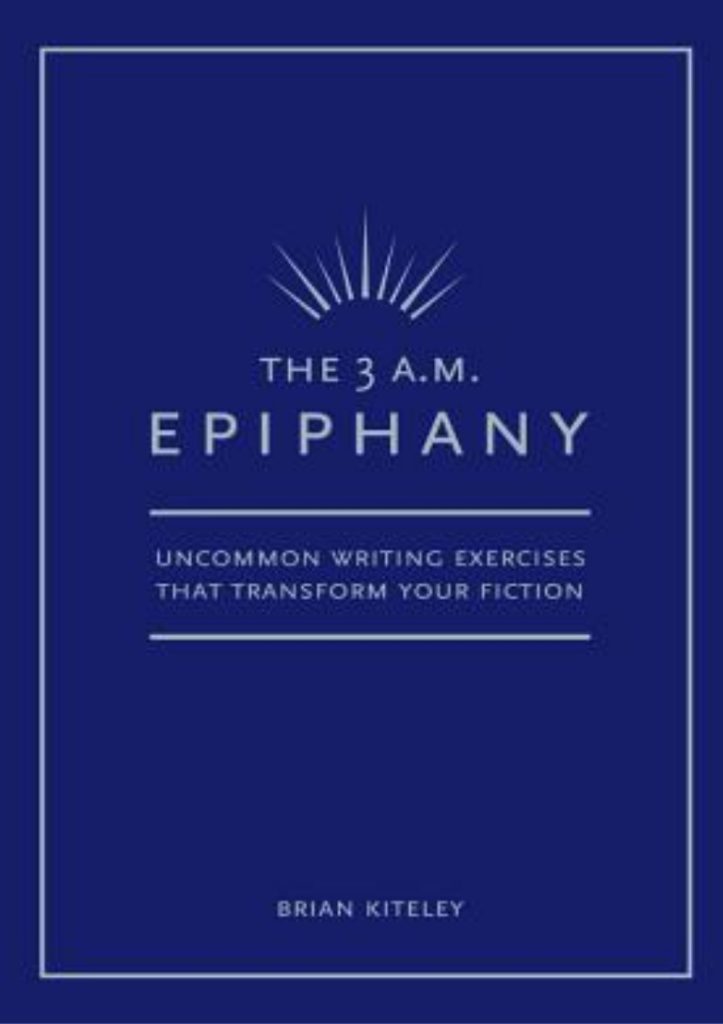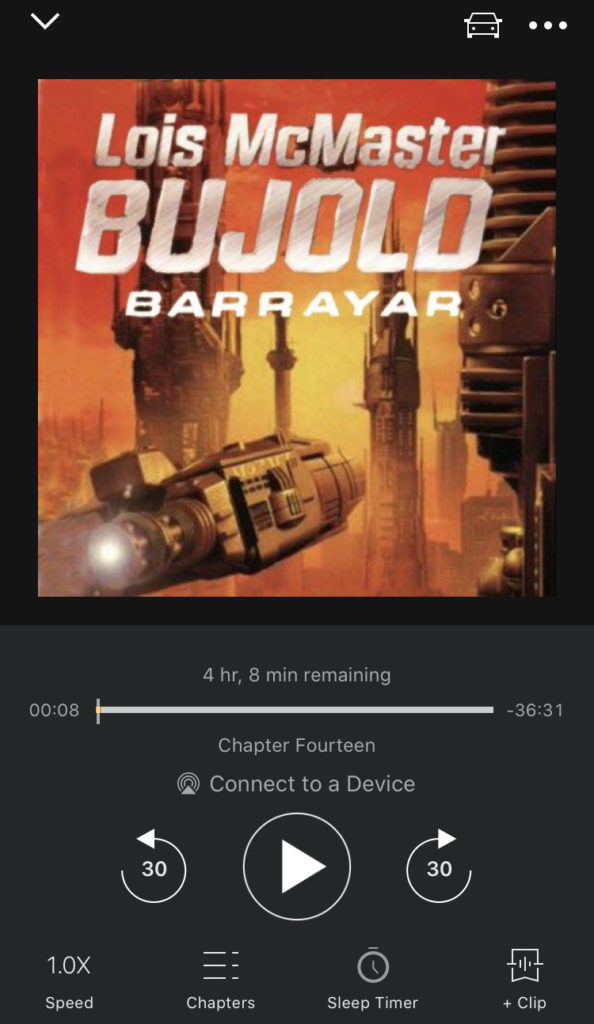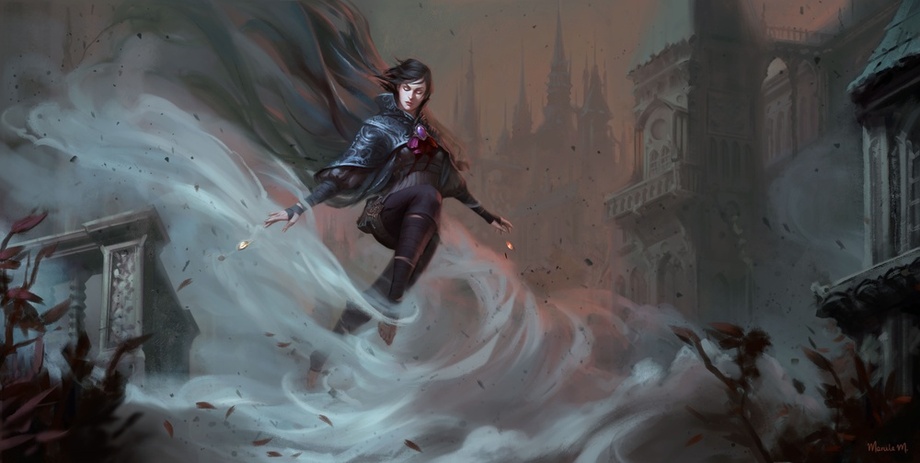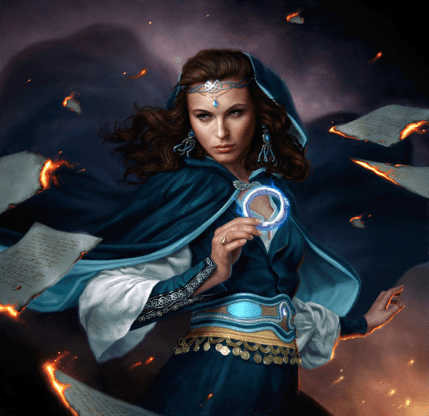Today’s exceptionally dorky text aims to describe a person who isn’t there. As Kiteley himself says, there are plenty of ways to do this — through physical observation, recounting actions, etc. For some reason, I immediately decided that my character would have just left a place and the POV would be that of people who are hiding from him. Then it got a little weird…
“Is he gone?” I asked, peering through the slits of the supply locker.
“He has to be, right?” Shari mumbled, doing the same to my right.
The locker was pretty intimate, what with the amount of mummified heads stacked neatly on every available surface – and imagine, if you will, my need to be trapped in a place devoid of dried-up body parts – but right now neither Shari, nor I were in any rush to get out.
“I haven’t heard an air cycle signal so far,” I pointed out. The only response was a groan.
I was groaning too, on the inside. Why either of us had thought it was a good plan to sneak aboard this particular ship, just as it was about to jump into Gatespace, was beyond me. No, wait. It wasn’t. We needed to make ourselves scarce, and fast. The station Lyctor had decided we were just the right shape and size to be scapegoated for the string of murders. It made sense to run away before she closed in on us.
It didn’t make sense to find ourselves into the ship of the actual killer. If that’s what the tall man with the strange globular helmet was.
“These were sounds of docking,” Shuri said after some more silence, punctuated only by the creaks and beeps of Gateship interior. “He was putting on an exposure tunic, you saw him.”
“Could mean he is going somewhere,” I agreed. “Could mean he is about to collect some more heads.”
I didn’t look her way, but I could smell her disapproval. “Even if that’s the case, Lim, let’s take it to the logical conclusion. Where does he keep his heads.”
“One is poking my butt,” I had to admit.
“Therefore…”
“Yes, therefore.”
I had no more arguments. The Gateship was small enough, that coming out of the supply locker was a risk. But the supply locker was small enough, that we would certainly be extremely discovered if he were to open it.
She began pressing her hands against the door, searching for the opening mechanism. “Did you see his eyes? He looks so–“
“Sexy, I know.”
“–psychotic,” Shari finished, her effort to open the door paused.
“Yep.” I was too diligent in trying to find the mechanism myself to meet her eyes. “Psychotic. Took the words right out of my mouth.”
“He kills people and decapitates them, Lim. Not even you are that desperate.” But she returned to her work.
Soon, there was a soft beeping sound – my memoirs will claim I’d found the lock first – and the door opened. We came out, both of us trying to look in every direction at once. There was no sound of footsteps, but then again, there hadn’t been any when he’d appeared in the hallway an hour ago either. He seemed to almost glide above the metal floor, his lean frame like some kind of attractive, decapitating kite.
“How long have we been out of Gatespace, do you think?” I asked Shari, trying to distract myself.
“About half an hour.” She was fairly distracted herself, leading the way down the corridor, peering behind corners before motioning me to follow.
“Do you think he docked with another station, or a ship?”
“No stations that close to ours.”
“Awesome.”
Another station would have meant a chance to slip out of the ship and escape. A ship? Well, where there was one sexy murderer, there could be more.
“Why do you think he kept the heads?” I asked.
Shari paused, turned around. “Lim.”
“What?”
“Lim.”
“Stop that. I am just curious.”
She rolled her eyes. “You have to stop this. Your taste in men is what got us into this?”
This was too much. It was exaggerated enough that I could ignore the kernel of truth and opt for being indignant. “Come on! In what universe is this my fault?”
Shari crossed her arms, raised her chin. I cringed.
“They have to be excessively damaged for you to like them. They have to be emotionally unavailable.”
“I don’t see how–“
“AND…” She raised a finger to shush me. “They have to be borderline criminals.”
“I am not sure that’s fair.”
“That boy in the hyposlam ring?”
“He was duped.”
“The psycho that was skimming feed from engineering?”
“It was never proven…”
“The actual literal burglar you tried to date after he robbed us?!”
I had nothing for that one, so I kept silent. Shari’s crossed arms were judging me. “So, I am telling you, right now. I am drawing the line at “guy who cuts heads and mummifies them,” she continued. “I have been with you through a lot, but this is my hard no. And before you say anything more, know that–“
I never found out what I was supposed to know before I said anything more. She found it suddenly hard to express herself, due to the extremely prejudiced decapitation. An impressive length of flat, sharp metal hovered around where her head had just been, attached to a long, muscular arm. I suddenly found myself unable to look past that hand, so instead, I stared at the floor.
“Hi. I’m Lim,” I said. I was sure I was blushing.
